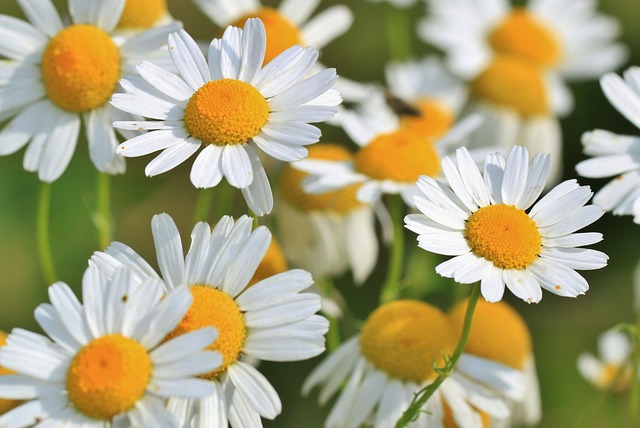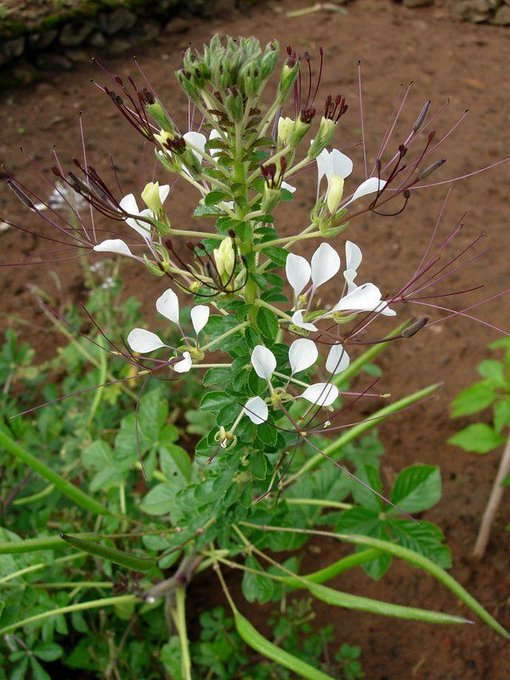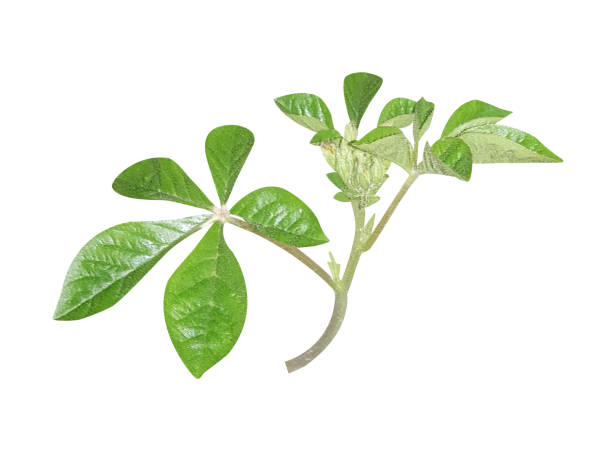
Gardens are not just about beauty and peace, they can be little pharmacies too! Imagine having a garden that not only pleases your eyes but also takes care of your health. Here are six medicinal plants that you should definitely have in your garden.
- Aloe Vera (Aloe barbadensis miller):
Aloe Vera is a fantastic choice for a medicinal plant in your garden. This succulent plant is popular for its fleshy leaves full of a gel that can soothe burns, cuts, and many skin ailments. It's relatively easy to grow and requires minimal maintenance. It grows well in well-draining soil together with plenty of sunlight.
- Rosemary (Rosmarinus officinalis)
Have you ever thought that a common herb in your kitchen can improve your memory? Yes, Rosemary does that. In addition, it aids digestion and relieves muscle pain. You can use it fresh or dried in cooking, or make a tea from its leaves. Rosemary is relatively easy to grow and can be a beautiful addition to your garden!
- Peppermint (Mentha x piperita):
Peppermint is well-known for its refreshing flavor, but it also has medicinal properties. It can help relieve digestive issues like indigestion, nausea, and irritable bowel syndrome (IBS). Peppermint is generally easy to grow and can be invasive, so it's a good idea to plant it in a container or a dedicated area of your garden where it won't spread too much.
- Echinacea (Echinacea purpurea):
Echinacea is often used to boost the immune system and reduce the symptoms and duration of colds and other respiratory infections. It can be made into a tea or taken in supplement form.
Echinacea plants are also attractive to pollinators like bees and butterflies, making them beneficial for the overall health of your garden ecosystem. Plus, they're fairly easy to grow and can be a beautiful addition to your garden with their vibrant, daisy-like flowers.
- Chamomile (Matricaria chamomilla):
Chamomile, a beautiful little white flower, is much more than just a pretty addition to your garden. This humble plant is a powerhouse of medicinal properties. When you're feeling anxious or having trouble sleeping, chamomile is your go-to plant. Its leaves and flowers can be brewed into a calming tea that soothes your nerves and helps you sleep better. Got a skin irritation? No worries, chamomile to the rescue! Applying a paste of its leaves can soothe your skin. If you have a tummy ache, sipping on chamomile tea can provide relief.
The best part? It's easy to grow. Just sprinkle the seeds in a pot, water regularly, and watch it blossom. So, next time you're planning your garden, remember to include chamomile. Not only will it add beauty to your space, but it will also be your personal, natural pharmacy.
- Calendula (Calendula officinalis):
Calendula is indeed a wonderful addition to any medicinal plant garden! Also known as pot marigold, Calendula officinalis has bright, daisy-like flowers that are not only beautiful but also have various medicinal properties. It's often used topically to help heal wounds, soothe skin irritations, and reduce inflammation. Plus, it's easy to grow and attracts beneficial insects to your garden.
7. Sage (Salvia officinalis).
This herb, with its distinct fragrance, is a great antioxidant and has anti-inflammatory properties. It's particularly useful in treating sore throats. When planting Sage, ensure it has well-drained soil and receives plenty of sunlight. It's also a good idea to prune it regularly to promote new growth.
These plants are generally safe when used appropriately, but it's always a good idea to consult with a healthcare professional before using any herbal remedies, especially if you're pregnant, nursing, or taking medications.
< Previous
Top 7 careers in Agricultural Sector
Next >
Step-by-step guide to grow Aloe Vera plant in your Garden| Medicinal Plant


